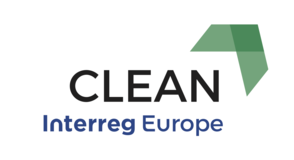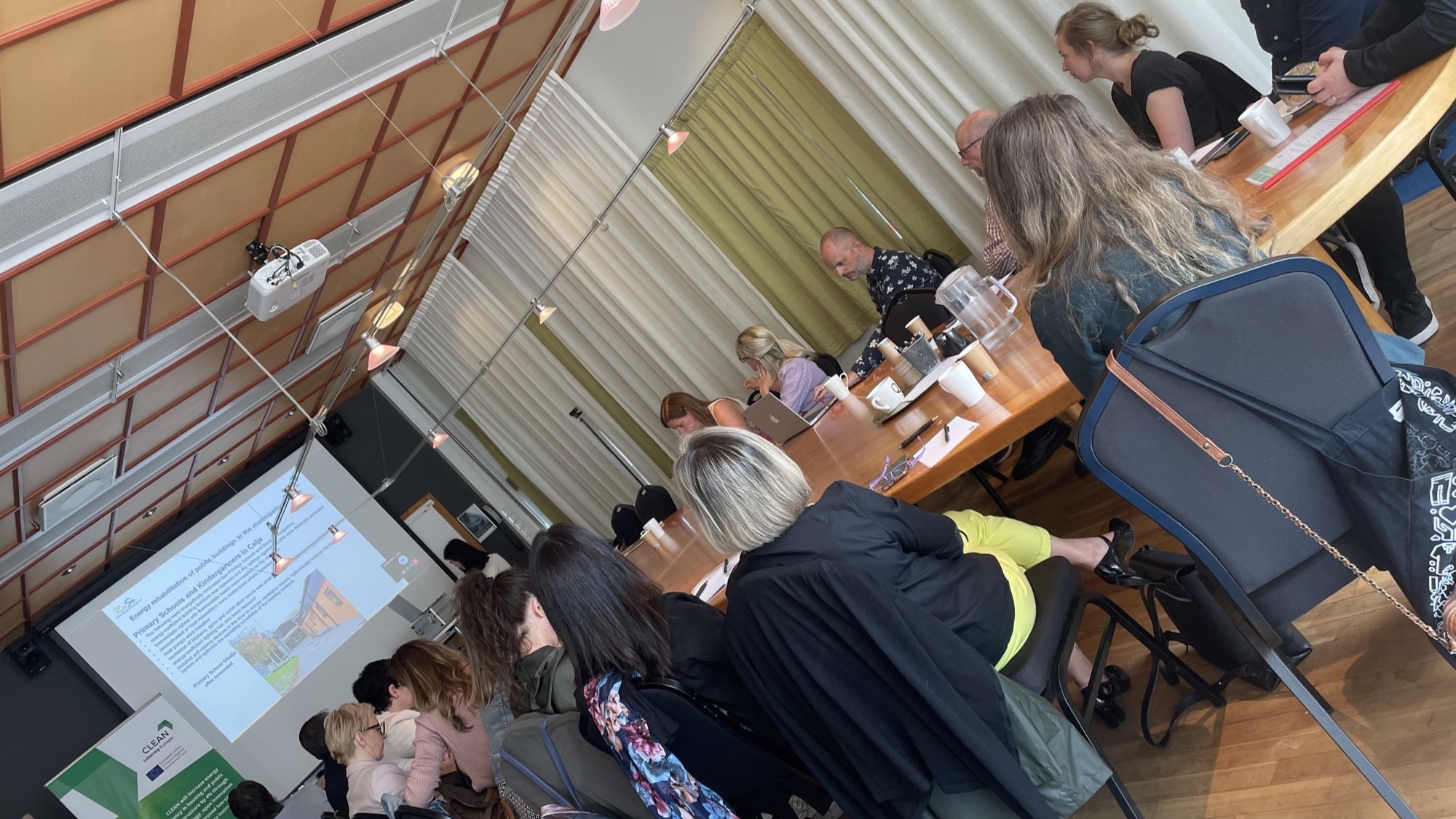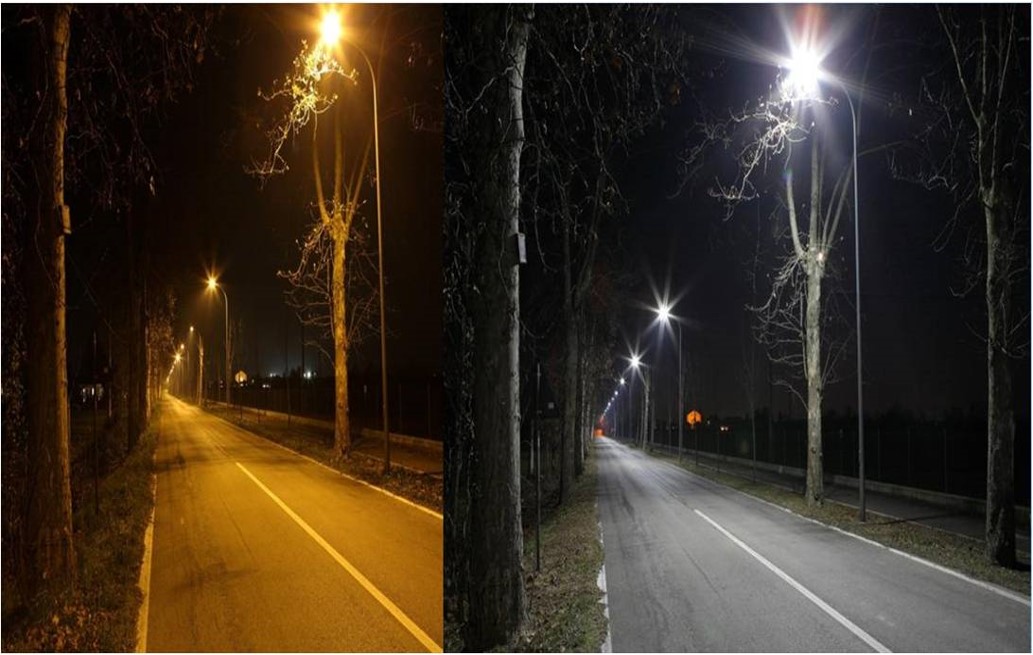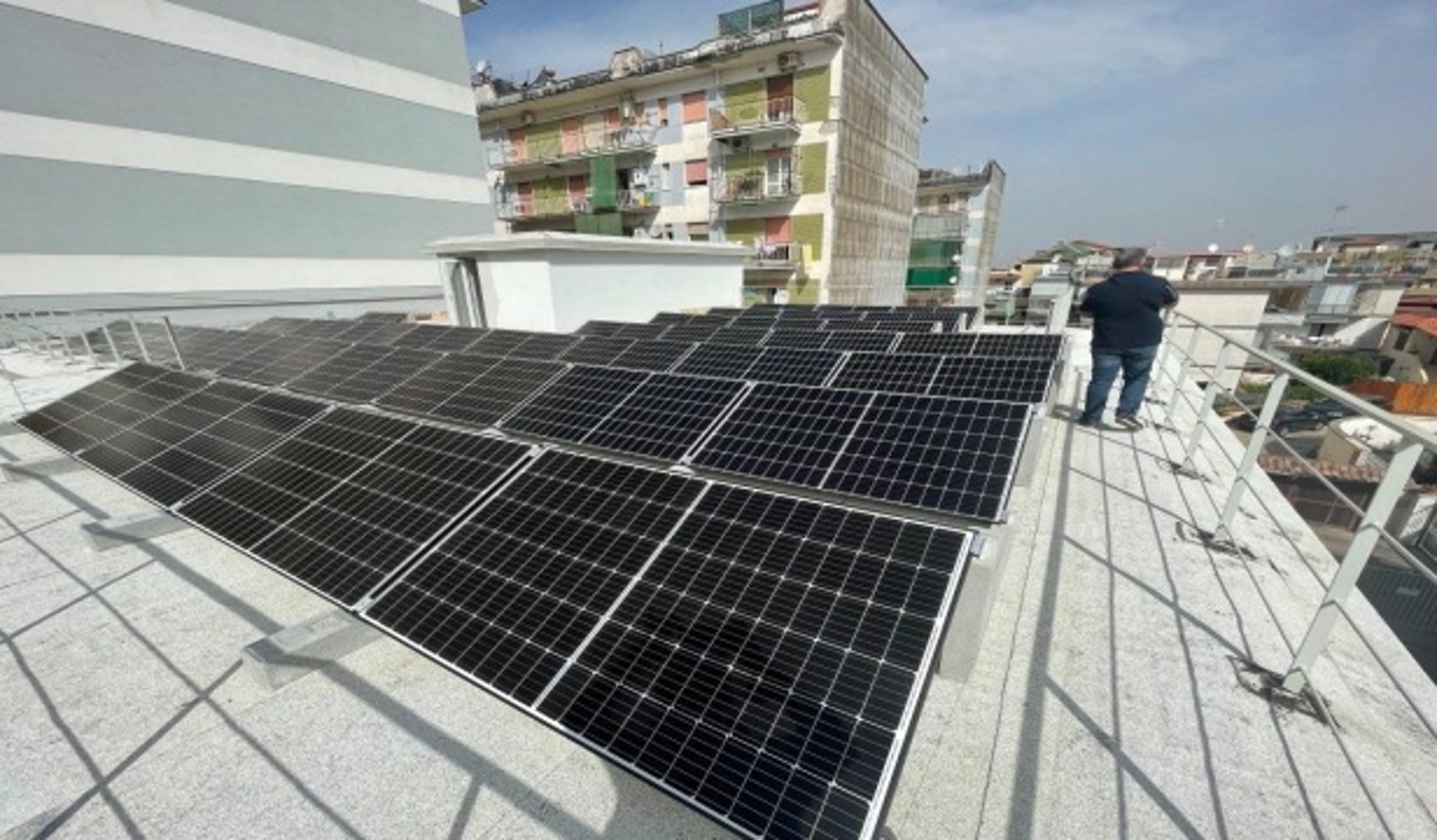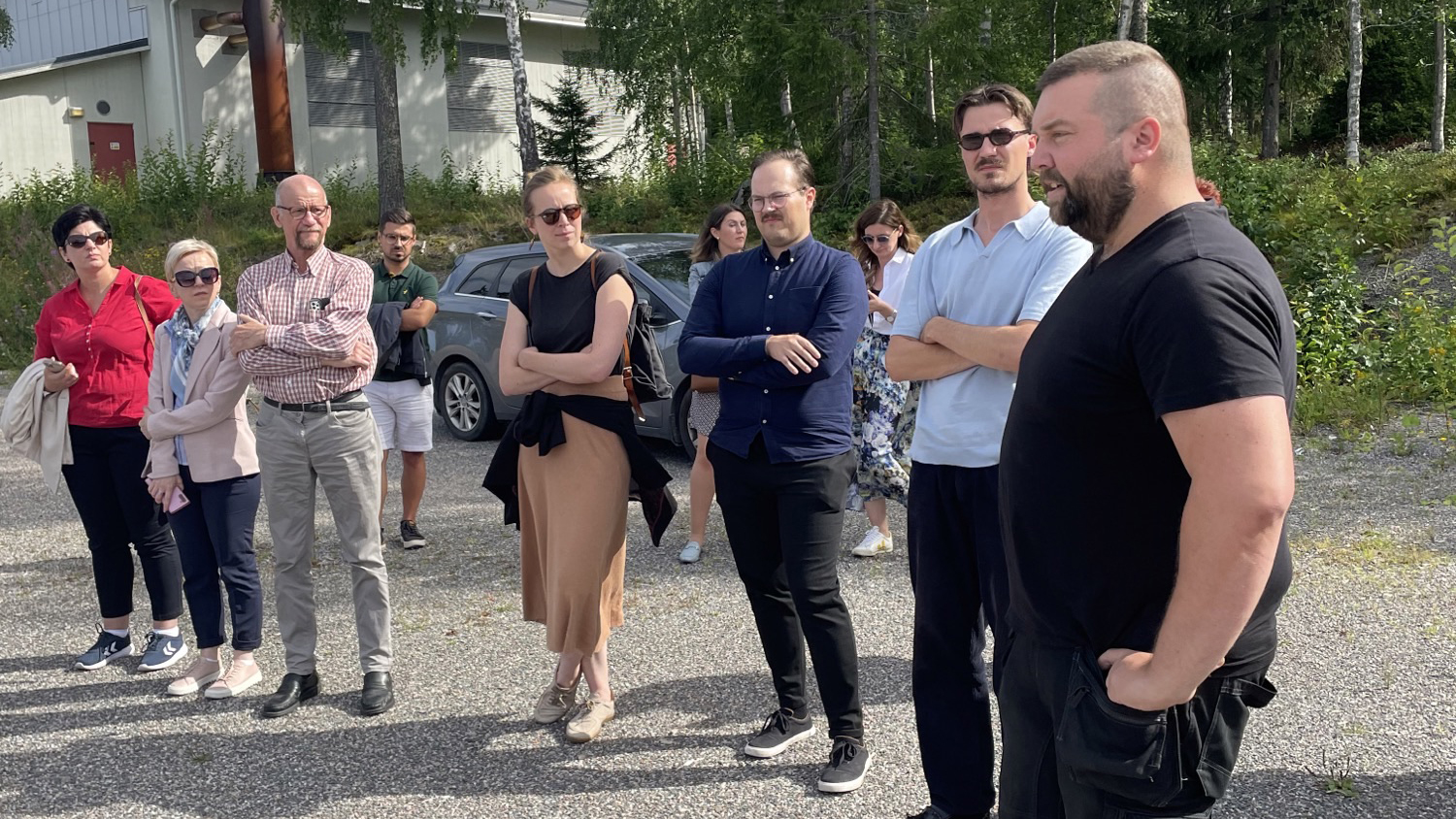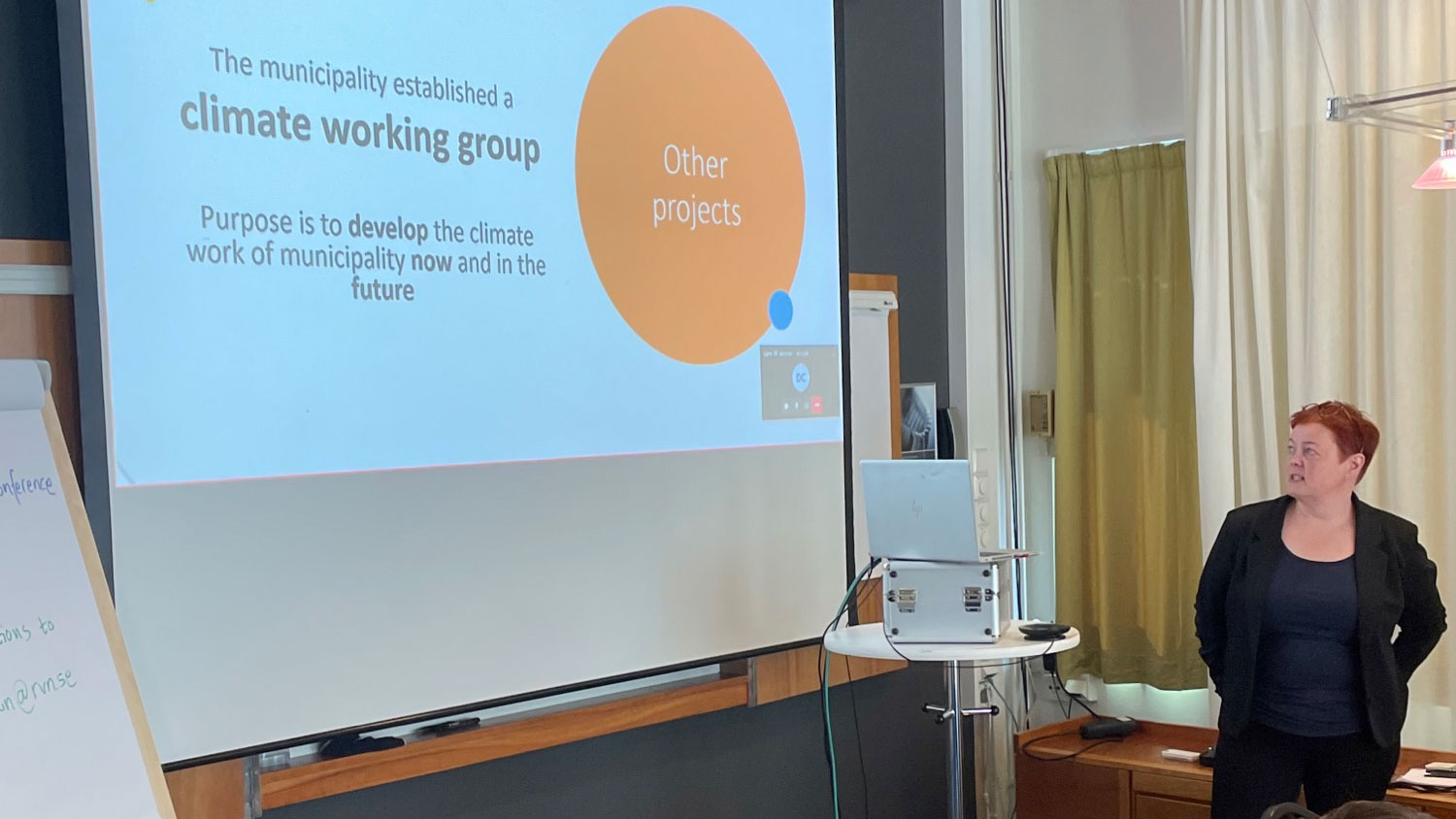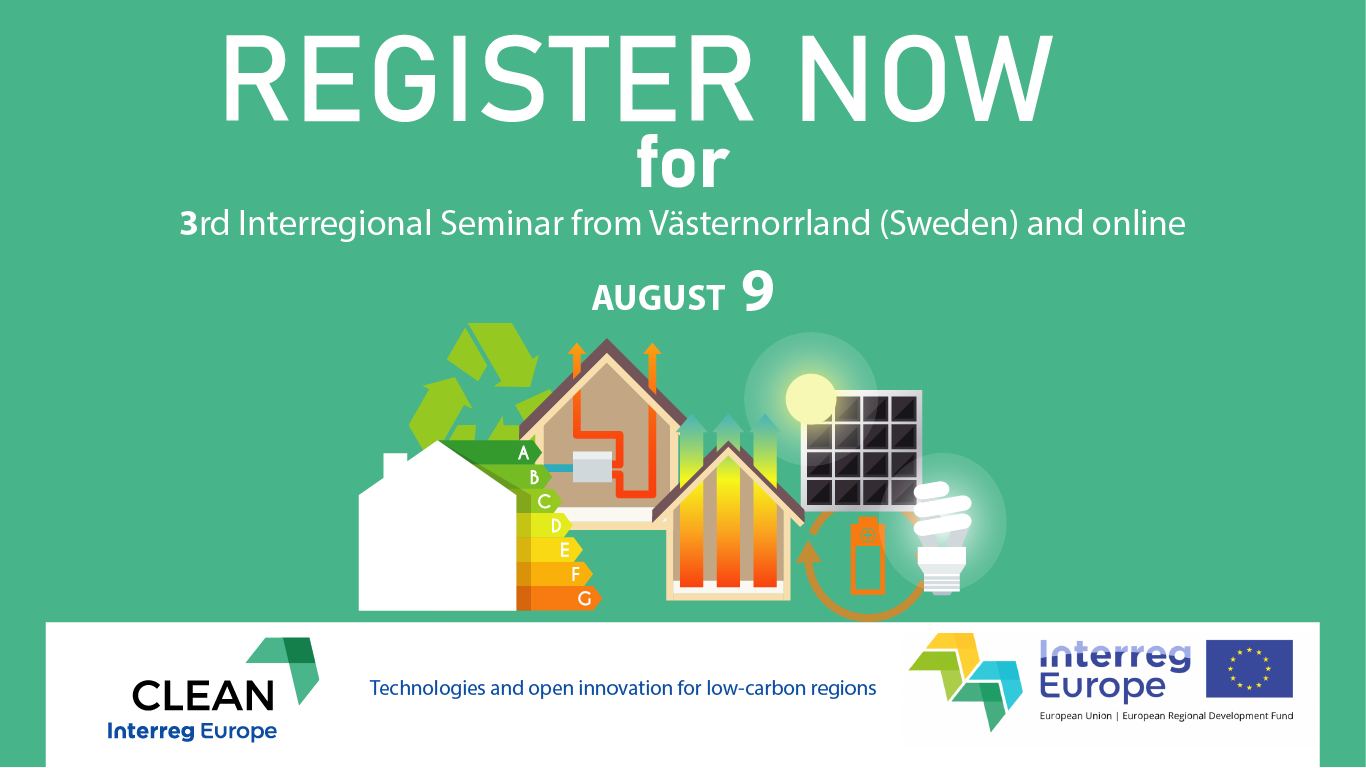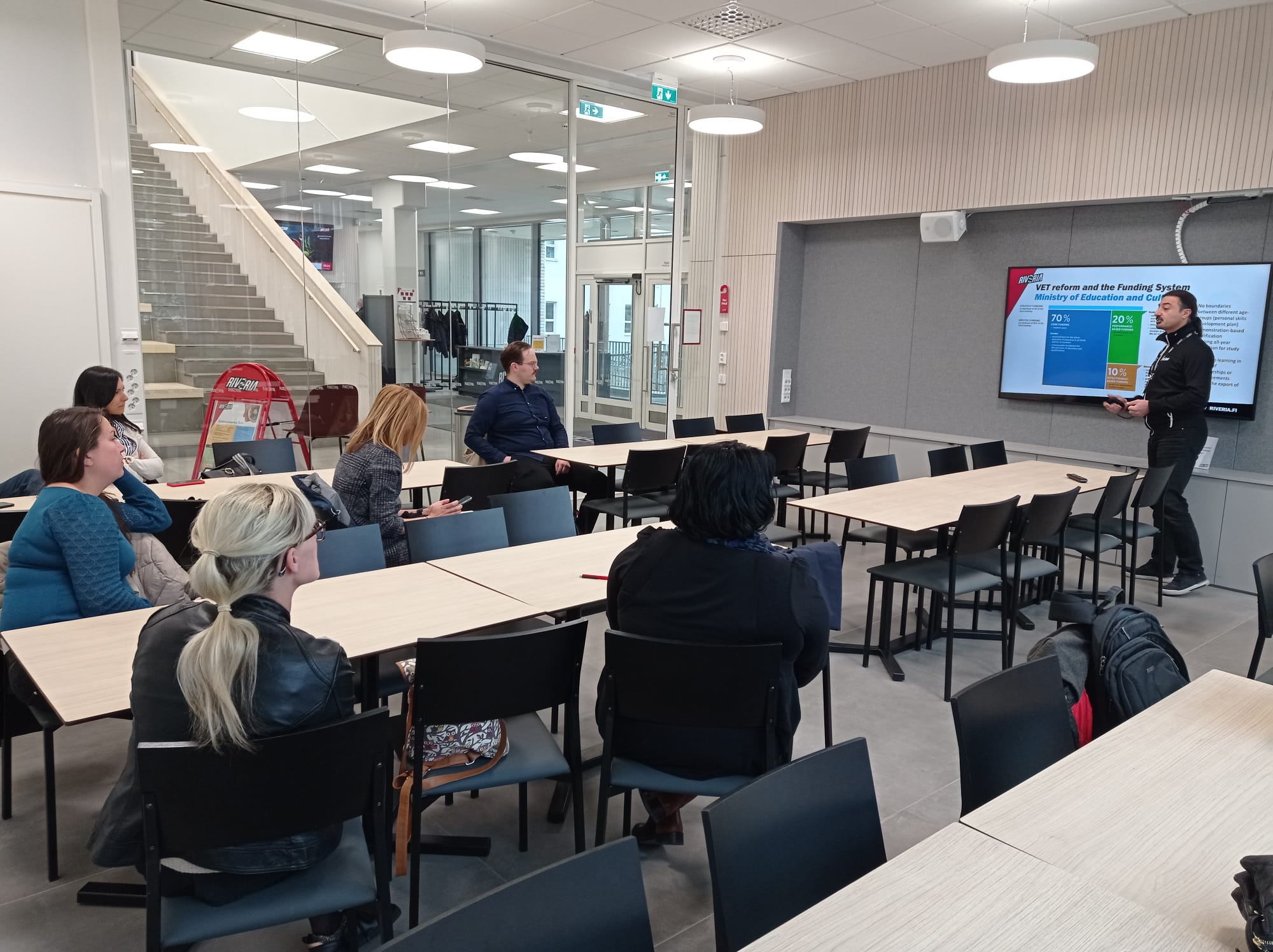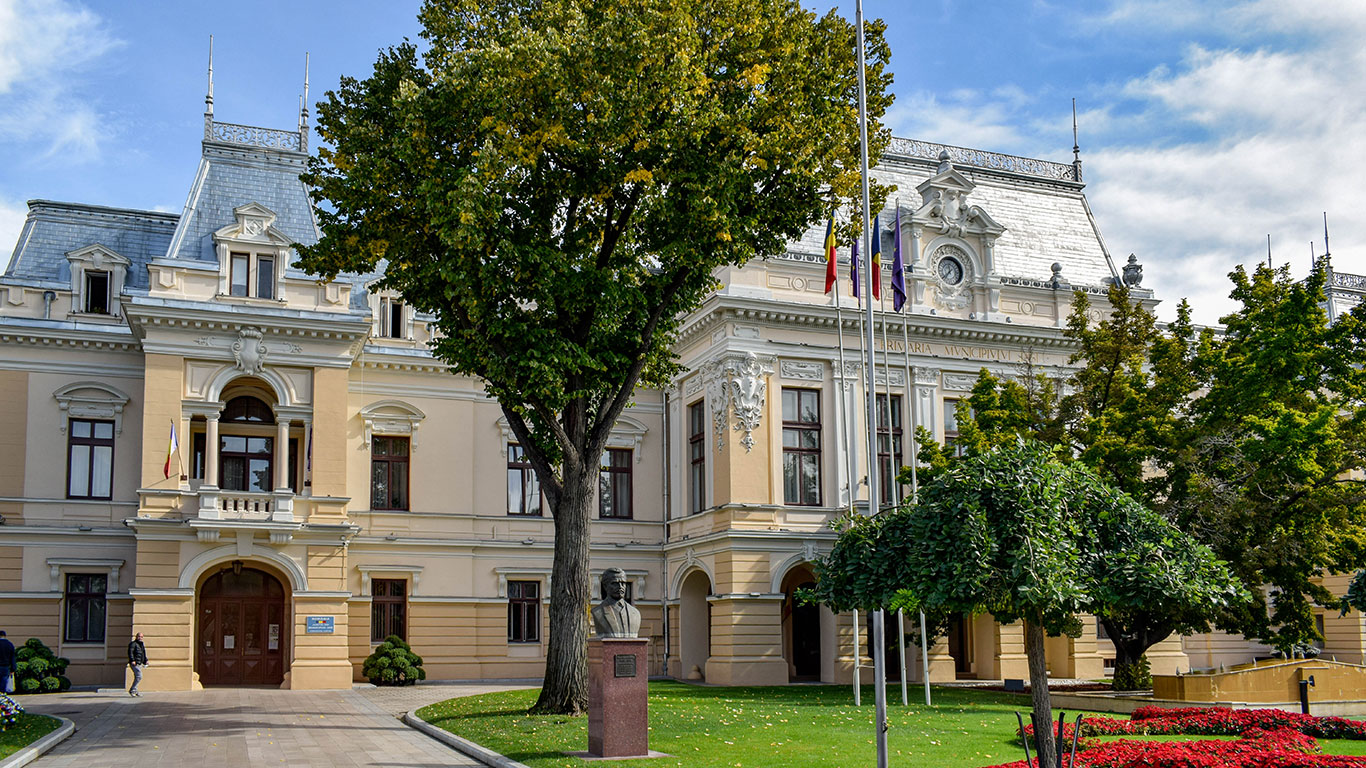The CLEAN partners from Greece have met for the first stakeholder meeting in Heraklion with the participation of: Efprepios Mparadakis from Technical University of Crete, Mertaraki Ioanna and Eirini Sfakianaki from Municipality of Malevizi, Giannis Aspirtakis, private investor, and Panagiotis Ignatiadis from Network Praxi.
The CLEAN working group has presented the overall objective of the project and briefly described the main goals, outputs and the methodology that will be followed in order the project to be successfully implemented. For example, during the meeting, the attendants analysed the importance of sharing best practices of Crete's transition to a smarter and more energy efficient region.
Special attention was given to Crete's Smart Specialization Strategy because it gives priority to the promotion of sustainable energy in buildings where CLEAN can play a key role, as it is expected to enhance the cooperation between public authorities, research centers and companies that can introduce new innovative energy efficiency solutions.
The members had the opportunity to realise the significant role of their participation and contribution to the identification of the best practices for the Region of Crete, as a territory, to be included in the Action Plan, as well as to the dissemination of the results. According to the CLEAN partners in Crete, "by providing information, ideas, suggestions and feedback, the local stakeholders can contribute to the successful implementation of the project".
In that way, the CLEAN working group presented the 3 Good Practices that have so far identified in Crete. All of the participants agreed that the big challenge in energy saving is to change the behavior of users. The first step is to record the typology of the public building stock and have an analysis and categorization regarding energy consumption and energy needs. At that point, "it is very important the exchange of experiences among public bodies for identifying the difficulties, the problems and a first overview of the energy behavior of the buildings in their existing condition". The stakeholders referred to the following situations:
- A project of replacing all municipal street lighting (Malevizi municipality).
- Problems and barriers to the implementation of high innovative projects and to renewable energy penetration (Praxi Network).
- Concerns about how good practices could be applied and to what extent (from private investor point of view).
Next steps
The stakeholders agreed that it is needed to share a document with Good Practices and to receive feedback from all the stakeholders. Apart from that, data collection will be very important as well. For example, information concerning the building stock and energy consumption. They will also check other Good Practices in the region by the next meeting scheduled for the beginning of September.
